5 of
You are browsing the full text of the article: The Return
Click here to go back to the list of articles for
Issue:
Volume: 1 of Coterie
| Coterie Volume 1 Issue: 5 Autumn 1920 Page: 62 | ||||||||||||||||||||||||||||||
| The Return | ||||||||||||||||||||||||||||||
|
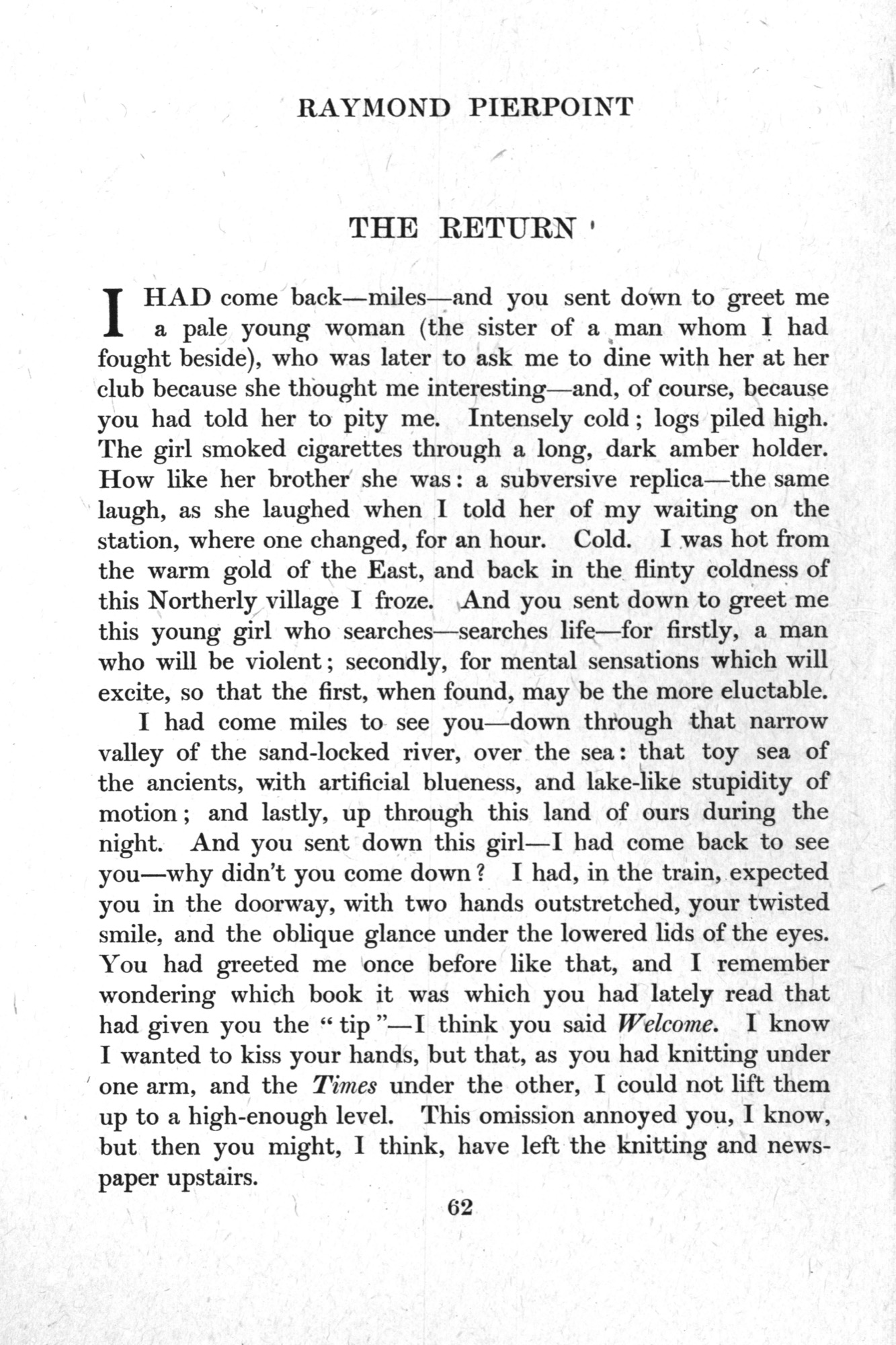
|
|
||||||||||||||||||||||||||||
| Coterie Volume 1 Issue: 5 Autumn 1920 Page: 63 | ||||||||||||||||||||||||||
| The Return | ||||||||||||||||||||||||||
|
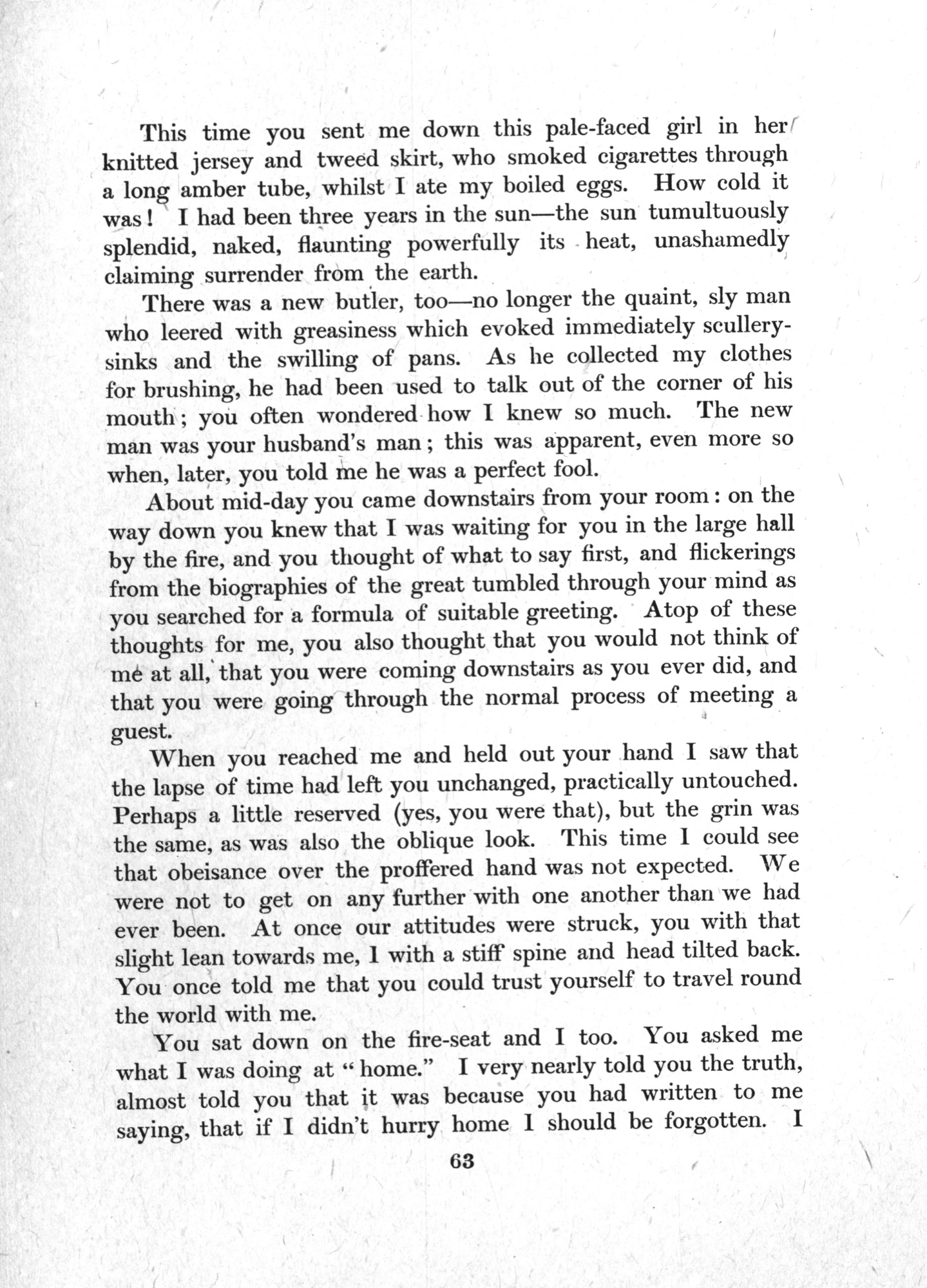
|
|
||||||||||||||||||||||||
| Coterie Volume 1 Issue: 5 Autumn 1920 Page: 64 | ||||||||||||||||||||||||||
| The Return | ||||||||||||||||||||||||||
|
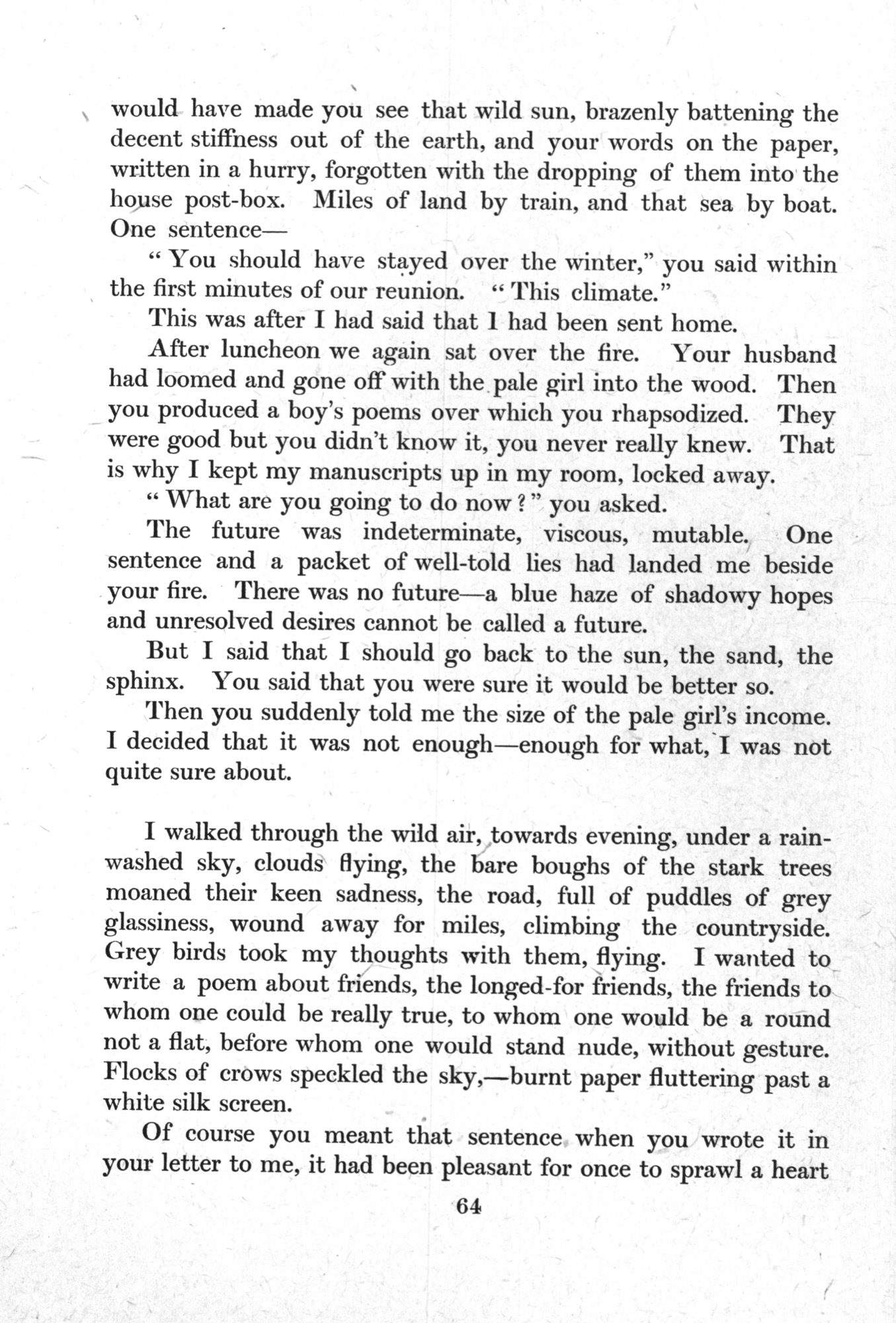
|
|
||||||||||||||||||||||||
| Coterie Volume 1 Issue: 5 Autumn 1920 Page: 65 | ||||||||||||||||||||||||||
| The Return | ||||||||||||||||||||||||||
|
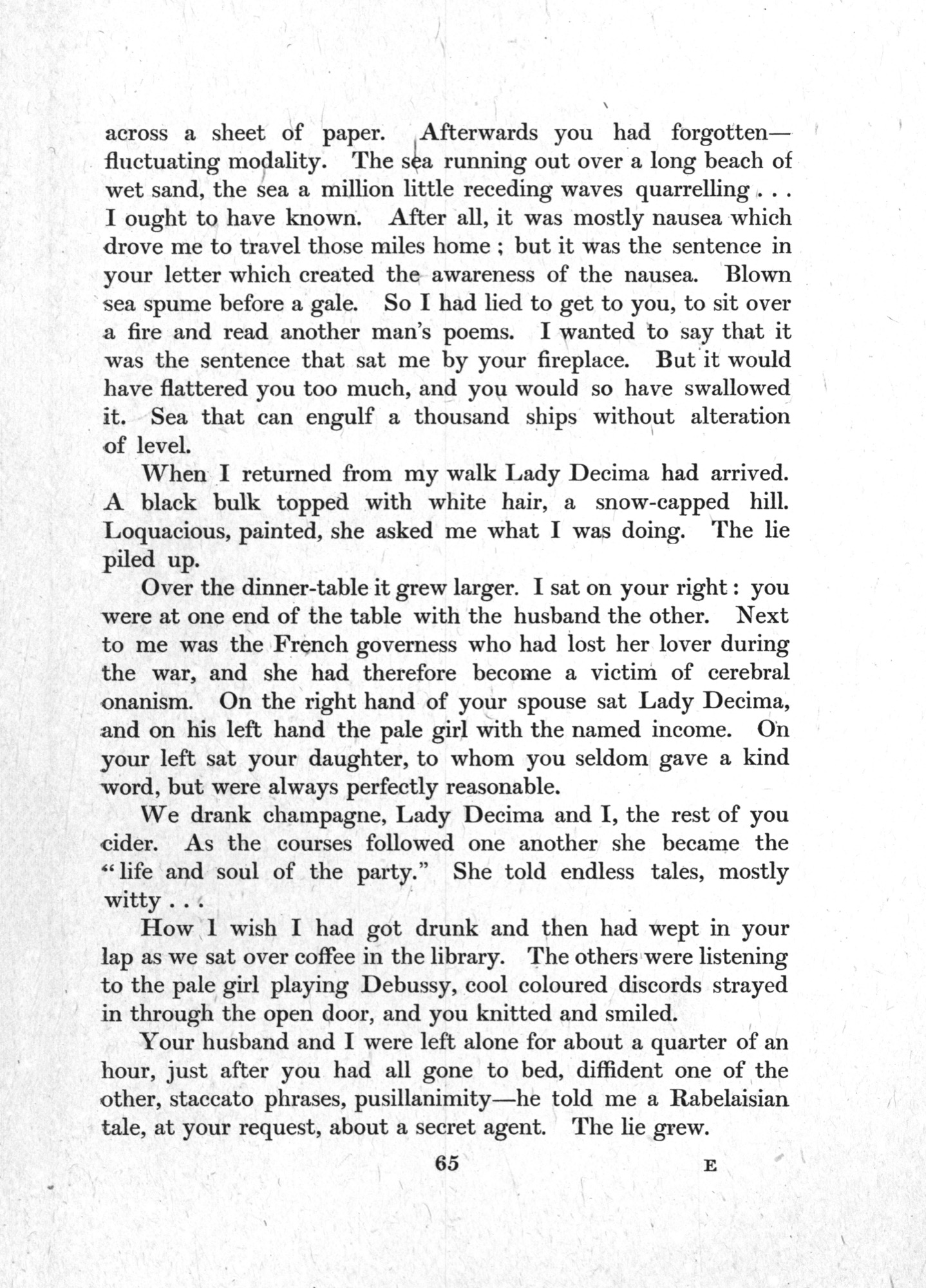
|
|
||||||||||||||||||||||||
| Coterie Volume 1 Issue: 5 Autumn 1920 Page: 66 | ||||||||||||||||||||||||||
| The Return | ||||||||||||||||||||||||||
|
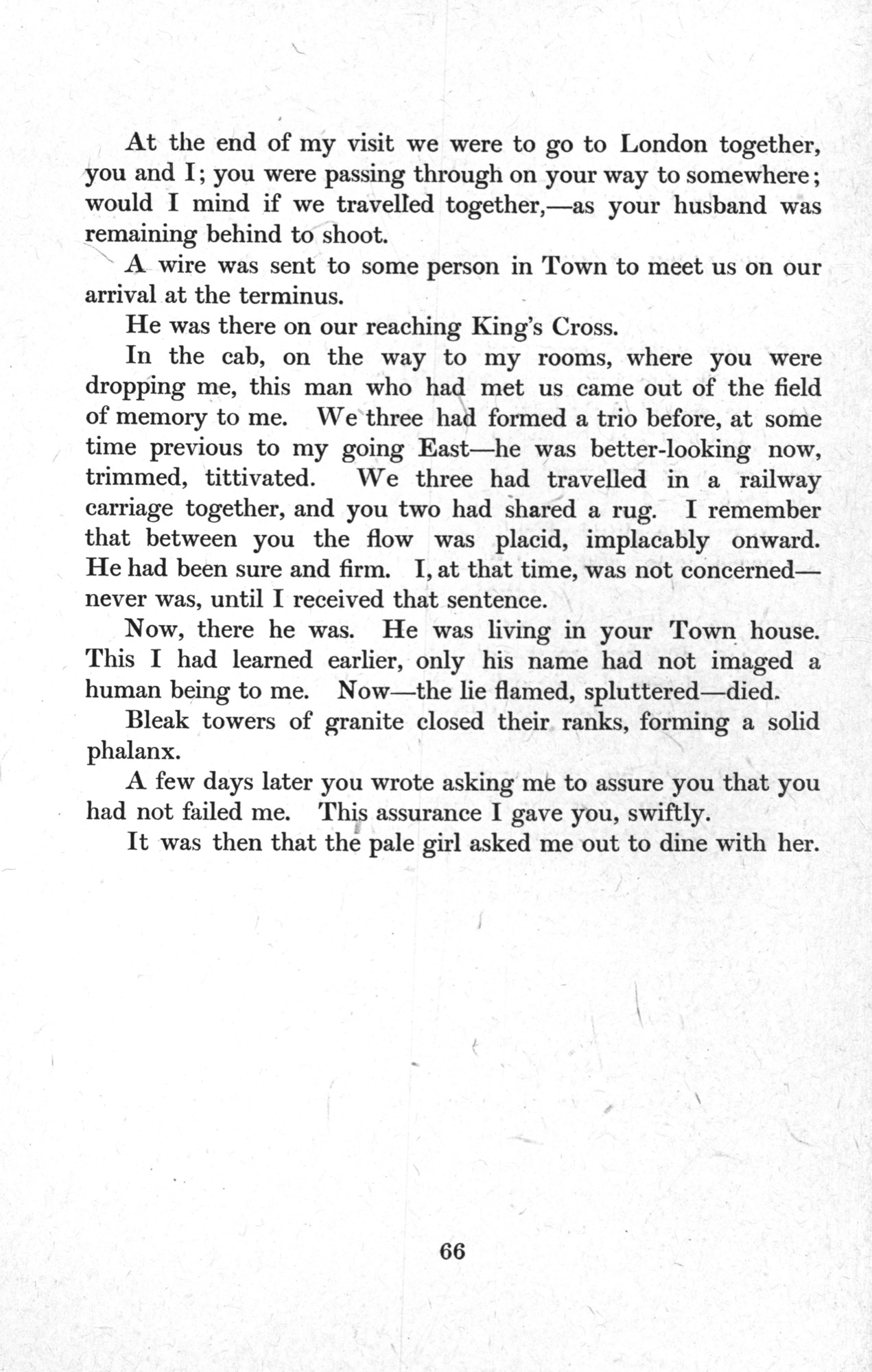
|
|
||||||||||||||||||||||||




